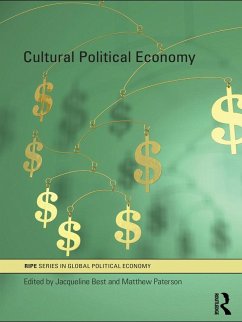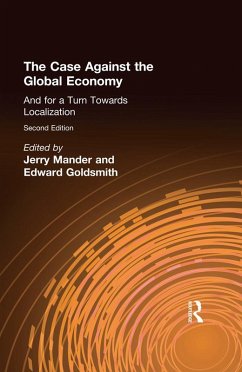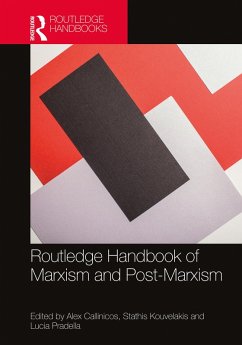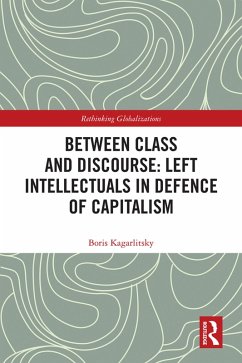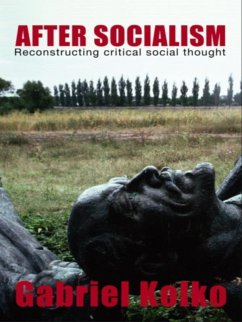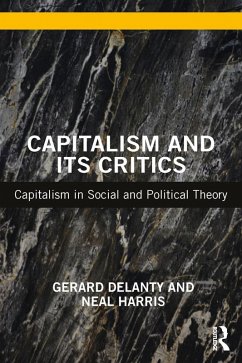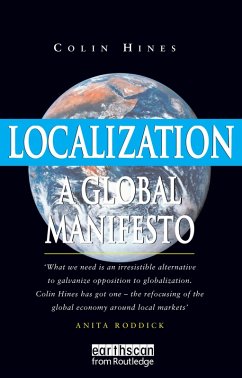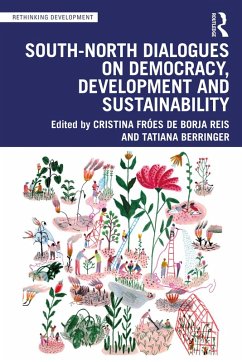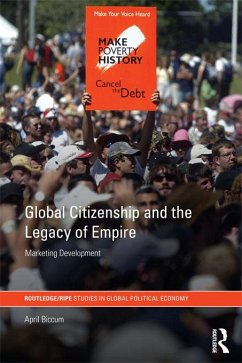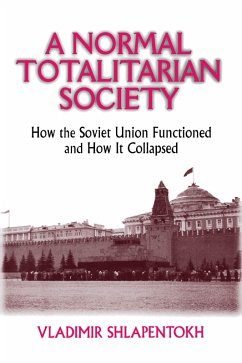
Cultural Political Economy (eBook, ePUB)
Versandkostenfrei!
Sofort per Download lieferbar
51,95 €
inkl. MwSt.
Weitere Ausgaben:

PAYBACK Punkte
26 °P sammeln!
The global political economy is inescapably cultural. Whether we talk about the economic dimensions of the "war on terror", the sub-prime crisis and its aftermath, or the ways in which new information technology has altered practices of production and consumption, it has become increasingly clear that these processes cannot be fully captured by the hyper-rational analysis of economists or the slogans of class conflict. This book argues that culture is a concept that can be used to develop more subtle and fruitful analyses of the dynamics and problems of the global political economy.Rediscoveri...
The global political economy is inescapably cultural. Whether we talk about the economic dimensions of the "war on terror", the sub-prime crisis and its aftermath, or the ways in which new information technology has altered practices of production and consumption, it has become increasingly clear that these processes cannot be fully captured by the hyper-rational analysis of economists or the slogans of class conflict. This book argues that culture is a concept that can be used to develop more subtle and fruitful analyses of the dynamics and problems of the global political economy.
Rediscovering the unacknowledged role of culture in the writings of classical political economists, the contributors to this volume reveal its central place in the historical evolution of post-war capitalism, exploring its continued role in contemporary economic processes that range from the commercialization of security practices to the development of ethical tourism. The book shows that culture plays a role in both constituting different forms of economic life and in shaping the diverse ways that capitalism has developed historically - from its earliest moments to its most recent challenges.
Providing valuable insights to a wide range of disciplines, this volume will be of vital interest to students and scholars of International Political Economy, Cultural and Economic Geography and Sociology, and International Relations.
Rediscovering the unacknowledged role of culture in the writings of classical political economists, the contributors to this volume reveal its central place in the historical evolution of post-war capitalism, exploring its continued role in contemporary economic processes that range from the commercialization of security practices to the development of ethical tourism. The book shows that culture plays a role in both constituting different forms of economic life and in shaping the diverse ways that capitalism has developed historically - from its earliest moments to its most recent challenges.
Providing valuable insights to a wide range of disciplines, this volume will be of vital interest to students and scholars of International Political Economy, Cultural and Economic Geography and Sociology, and International Relations.
Dieser Download kann aus rechtlichen Gründen nur mit Rechnungsadresse in A, B, BG, CY, CZ, D, DK, EW, E, FIN, F, GR, HR, H, IRL, I, LT, L, LR, M, NL, PL, P, R, S, SLO, SK ausgeliefert werden.




